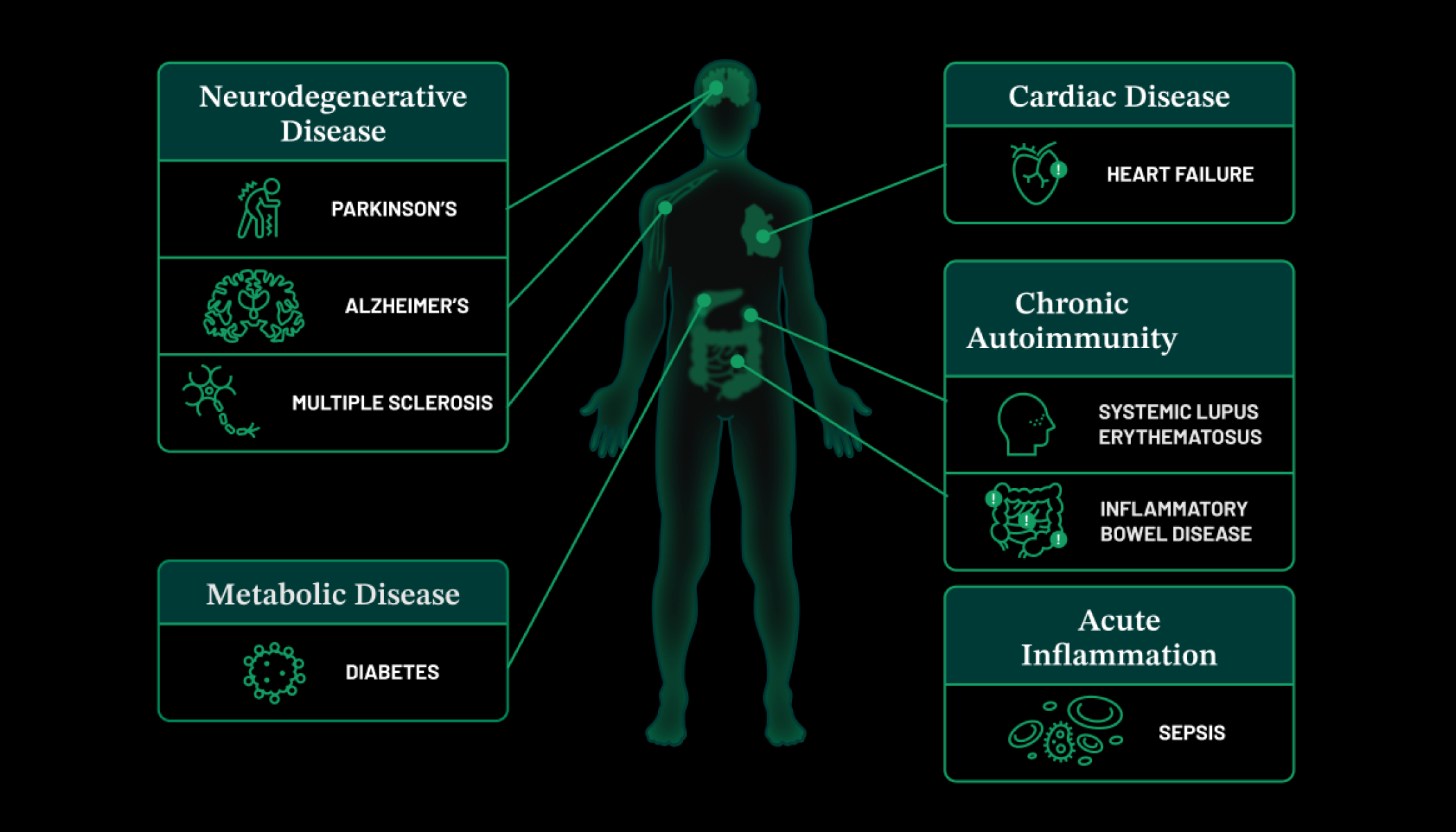Nov 2, 2021 · 2 min read
How Open, Early Sharing of Scientific Results Proved Crucial to COVID-19 Response
Preprints, or scientific papers shared prior to peer review, accelerate the pace of scientific discovery across the globe and will aid in future pandemic responses.
Science moves faster when it’s open and scientists, patients, and public health officials collaborate.
From the outset of the COVID-19 pandemic, as researchers raced to better understand the new and emerging virus, they increasingly leaned on preprints, or scientific papers posted before peer review, to share their learnings in order to save time and build off each other’s work. Rapid, early sharing of scientific results helped the world understand and tackle the SARS-CoV-2 virus sooner than anyone ever imagined.
However, the race is not over. We need open science to better respond to future pandemics.
Open science — from scientific protocols to preprints to software code and more — increases transparency and the pace of research. Preprints, in particular, enable sharing of ideas and collaboration across scientific disciplines much faster than traditional communication. They also enable scientists to vet results and improve research in the open.
But no individual can do this alone. Scientists need preprint archives and repositories such as bioRxiv, an initiative of Cold Spring Harbor Laboratory (CSHL); and medRxiv, a collaboration between the CSHL, Yale University and BMJ. These repositories operate at remarkable scale — each month, over twelve million readers read manuscripts that have been submitted by tens of thousands of scientists from more than 140 countries. The biomedical community also depends on organizations such as ASAPbio, a nonprofit that promotes open sharing and transparent peer review, to expand the reach of the preprint movement.
CZI’s Open Science program supports the global movement in biomedical science to foster openness and sharing — including funding medRxiv, bioRxiv, and ASAPbio. As more and more scientists choose to share their work in preprints, science will move faster and become available to all.
Watch the video above to learn more.





